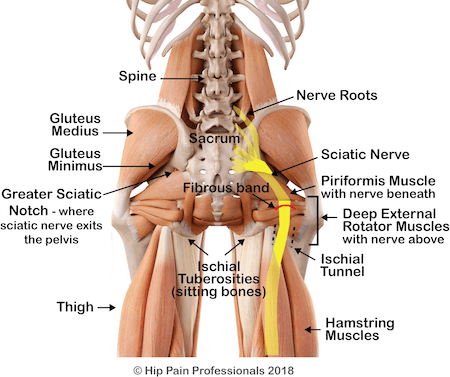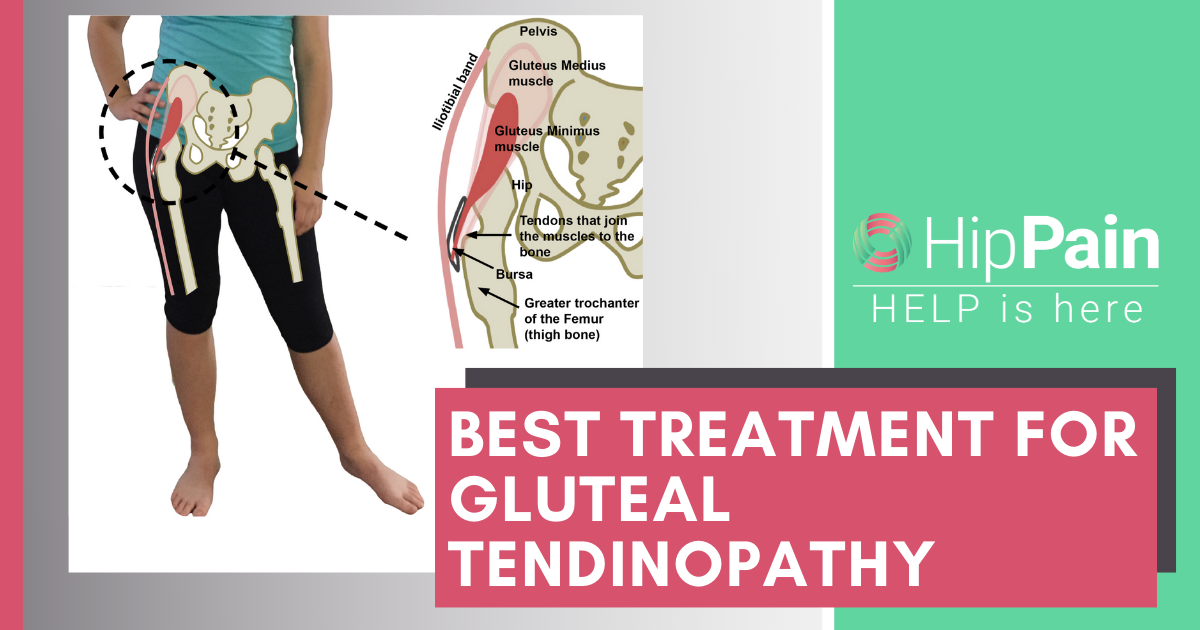
There are a considerable number of options in the treatment for hip related sciatica. In most cases, conservative treatment with the right Hip Pain Professional (such as a Physiotherapist or Exercise Physiologist) is all that is needed. In some rarer occasssions less conservative options may need to be considered.
If you are not sure what exactly the terms “hip related sciatica”, “piriformis syndrome” and “deep gluteal syndrome” are then check out our previous blog on what and where these are, and how they can occur.
Both this and our previous blog are a must read anyone with buttock pain +/- pain into the low back, upper thigh or leg.













